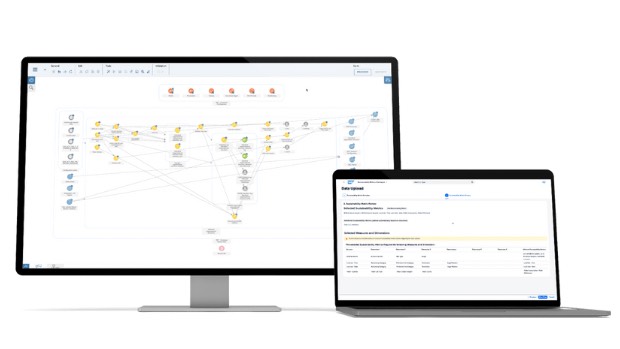While nation leaders continue to discuss the global threat of climate change at this year’s United Nations Climate Change Conference (COP27), German software company SAP released the results of a study it commissioned in collaboration with Oxford Economics.

The “Closing the Green Gap” report sees regulatory mandates as one of leading drivers of sustainability strategies directly contributing to the compliance of companies at 46%, on top of reduced carbon emissions. Other business benefits include increased efficiency, improved brand reputation, and meeting more of their customers’ needs.
Consequently, reinventing business strategy and too much focus on compliance appear to be the two biggest sustainability challenge for businesses. Based on the same research data, 66% of businesses believe it is possible to be sustainable and profitable at the same time but only 8% are seeing significant value from the sustainability strategies they deploy.
SAP Southeast Asia president and managing director Verena Siow sees it as an encouraging sign that businesses across the region are more consciously observing sustainability practices across their respective supply chains.
In fact, an average of 60% of the study’s respondents say that they possess a clearly communicated sustainability plan within their organization, with Japan placing the highest at 68% and Indonesia scoring the lowest at 46%.
“There is no time to waste to move beyond strategy and to achieve real, tangible results. In three years, almost a third of businesses expect significant value from their sustainability strategy – and we believe that with the right focus, this number can be even higher,” she said.
While the number of businesses whose employees play an active role in sustainability efforts are less than half at 44%, the size of incentivized leaders based on its success clocks lower at 20%.
“From the research report, one way to improve sustainability practices and outcomes is to follow the best practices of what we define as sustainability leaders of those that we surveyed – this is only the top 9% of all those surveyed,” Siow added.
SAP considers the effective use of organizational data in producing better informed decisions as a way to improve sustainability outcomes, supported by the fact that accurate data is ranked as the most significant activity that enables businesses to reach their respective carbon reduction goals.
Within this context, Siow cited SAP’s solution that helps improve the ESG transparency and sustainable business performance of its customers – the recently updated SAP Sustainability Control Tower.
Essentially, the SAP Sustainability Control Tower operates in three phases: the record phase that concerns data collection and data integrity enhancements, the report phase which deals with ESG-ready metrics, and the act phase where monitoring progress and driving sustainability impacts take place.
“Business leaders in Southeast Asia should not perceive sustainability action as a risk mitigation measure only. It is an opportunity to realize new sustainable revenue streams, find new efficiencies, and build new business models based on low-emission, circular, and ultimately regenerative concepts to benefit both the organization and for our society at large,” Siow concluded.




